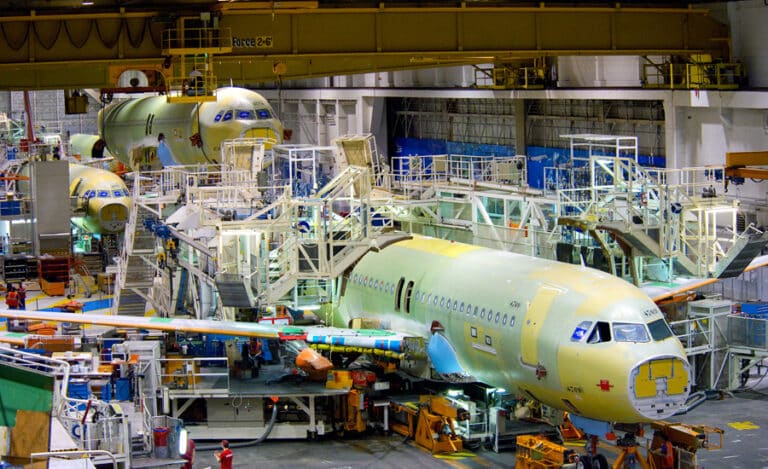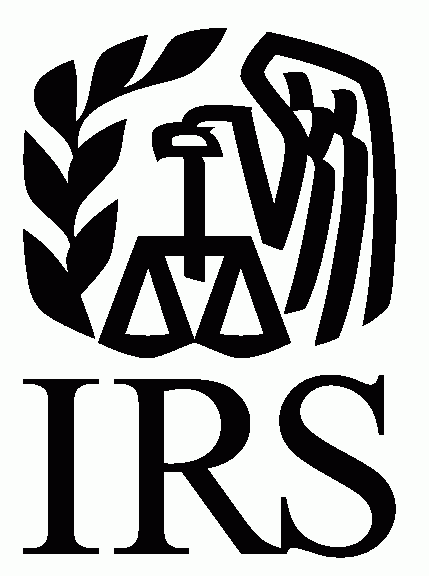Aircraft Tax Planning When Selling A Business
Amidst a vibrant merger and acquisition landscape, many clients have approached ATC in recent months to discuss aircraft tax planning strategies relating to the sale of their companies. Whether the aircraft is part of the current business going through a sale, or a business aircraft purchase is contemplated after the sale of the business, the following considerations are critical in ensuring the deductibility of an aircraft as a business asset.
Stock vs Asset Sales
If your company owns a business aircraft, a stock sale will likely require the restructuring of the existing aircraft ownership or the spinning off of the aircraft entity prior to the sale. This may result in the recapture of previously taken tax depreciation and immediate gain recognition.
If an asset sale is negotiated, the business owner can maintain the existing corporate entity and enjoy minimal disruption to the tax treatment of the aircraft.
Employee (W2) vs Independent Contractor (1099)
It is common for the owner to stay on board with the new company to help with the transition or to continue to run the company. Whether the owner stays on as an employee or an independent contractor will create very different income tax implications. Internal Revenue Service regulations are not favorable to employees. There is very little income tax benefit for an employee who uses an aircraft for the employer’s business.
On the other hand, the tax code treats business owners very favorably. Generous tax deductions are available when a business aircraft is utilized in a profitable business. Therefore, if an independent contractor or consulting arrangement can be negotiated with the buyer and the new company, it can facilitate the continued deductibility of a business aircraft.
Deal Structure – Earnouts
To further the independent contractor discussion, the founder of the company can negotiate to stay on to provide management or consulting services. A portion of the sales price of the business can be categorized as earnouts, payable as consulting fees, providing revenue that can be used to justify the operation of a business aircraft.
Final Thoughts
While a business aircraft may be an afterthought to a multimillion-dollar business acquisition, thoughtful planning at the transaction stage can allow a business owner to continue to enjoy significant income tax benefits from the use of a business aircraft after the sale of the business.







